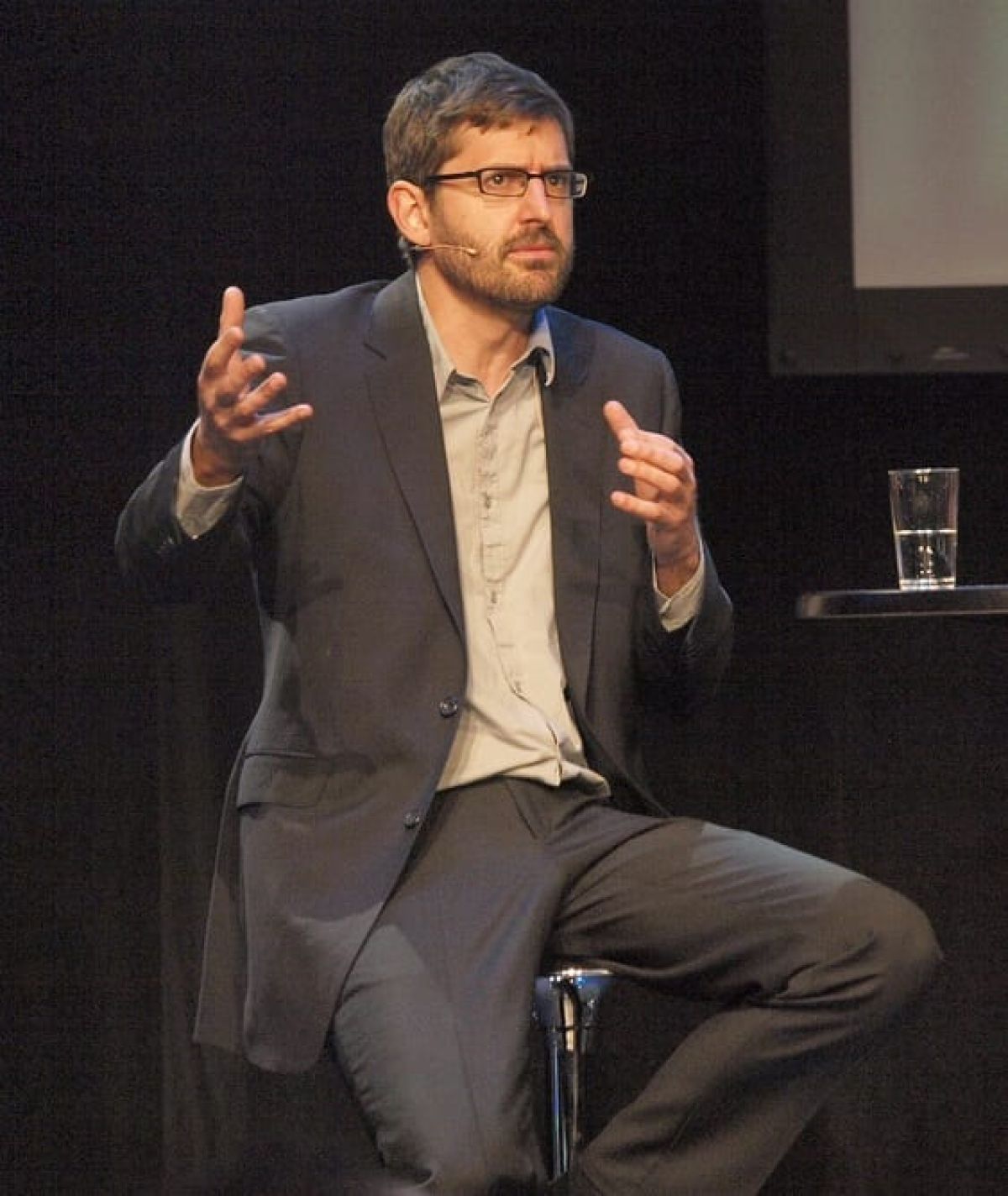Thank you Louis Theroux

Louis Theroux’s newest documentary The Night In Question hit our screens last week and it is exactly what we needed. The Night in Question looks at the grey areas of many rapes that take place at university, primarily when a girl has been drinking.
It follows one man in particular, Saif Khan, who was accused of raping a fellow Yale student in 2015. While he was not convicted by a criminal court due to lack of evidence, at the time of filming he was going through the university tribunal.
Although I am a huge Theroux enthusiast, I am always sceptical of this subject. It is always uncomfortable when talking about rape to put the alleged perpetrators at the centre of the piece, giving very little time to any victims.
Louis mentions early on that Saif’s victim refused to talk to him when asked if she wanted to be part of the documentary, but it is still uncomfortable. It is something that many viewers on Twitter could not let go.
But I would like to argue: what would be achieved by Louis talking exclusively to victims? While it would be great to hear their voices, unfortunately I don’t think this would change many people’s minds about the prevalence of rape, especially this kind of ‘grey area’ rape.
All too often, campaigners are stuck preaching to the choir. All too many times I have been in a room listening to a feminist discussion surrounded by those wearing the same t-shirts and holding the same banners, wondering what is this actually achieving apart from giving ourselves a good pat on the back.
Saif begins telling his account of what happened on the night in question, crying and telling us that ‘he is just so tired’. However, later Saif responds to Theroux’s comment that at least three witnesses testified that they saw the victim incapacitated and repeatedly vomiting, by saying that “billions of people believe in specific gods does that make them right?”
In a time when there is story after story littering the media on false accusations and how prevalent they are, saying that “no one (man) is safe!”, Theroux brilliantly gets people to question the truth of this. He first entices people into hearing Saif out and then shows the many flaws in his story and character. This is what will change people’s minds — the people who will want to believe Saif and not his victim. They cannot escape the conclusion that Saif is not the victim he tries to come off as, but a lying, abusive manipulator.
It is such a shame that so-called ‘meninist’ groups focus on false accusations, instead of real issues facing men. Instead, they turn their attention and energy to hating feminists and any woman who speaks out. In reality a man is 230 times more likely to be raped himself (or sexually assaulted as legally men cannot be raped by women – a separate issue) than to be accused of being falsely accused of rape. You didn’t know that statistic, did you?
If you are at all sceptical of this article at all, then I beg you to have a watch — maybe Theroux can change your mind.







